

2018-09-21 09:41:00 Fri ET
technology antitrust competition bilateral trade free trade fair trade trade agreement trade surplus trade deficit multilateralism neoliberalism world trade organization regulation public utility current account compliance
Former World Bank and IMF chief advisor Anne Krueger explains why the Trump administration's current tariff tactics undermine the multilateral global trade system. In the post-war era, America has led the way in establishing the troika of economic institutions, the International Monetary Fund (IMF), World Bank, and World Trade Organization (WTO) (formerly known as General Agreement on Tariffs and Trade (GATT)), that collectively form the primary basis of international economic order in place today. Due to the healthy expansion of a multilateral trade system under the WTO, world trade has grown 1.5 times faster than global GDP since World War II.
The WTO 164-member economies commit to supporting an open multilateral trade system with common rules and procedures. These rules achieve for international trade what domestic commercial codes accomplish for contracts and transactions between parties within a given jurisdiction. Under WTO rules, international trade partners are subject to the same national regulations just as domestic firms have the same rights in regional courts. Governments cannot discriminate against other WTO members, so trade benefits for one trade partner must apply to all other trade partners under WTO rules.
It is essential and paramount to ensure that trade partners receive fair regulatory and judicial treatment from WTO member-state governments, and the principle of non-discrimination has been a core tenet of the global trade system.
Under this WTO framework, the Trump administration now uses national-security concerns to justify hefty tariffs on steel-and-aluminum imports from China, Canada, Europe, Mexico, and Japan etc. Whether these tariffs would help reduce U.S. trade deficits remains complex and mysterious.
The Trump discriminatory tariffs undermine the WTO economic order and thereby induce China and some other countries to seek commensurate reparation through the WTO dispute-settlement mechanism.
These countries may retaliate against Trump tariffs and in turn would exacerbate the current global trade quagmire.
If any of our AYA Analytica financial health memos (FHM), blog posts, ebooks, newsletters, and notifications etc, or any other form of online content curation, involves potential copyright concerns, please feel free to contact us at service@ayafintech.network so that we can remove relevant content in response to any such request within a reasonable time frame.
2018-04-20 10:38:00 Friday ET
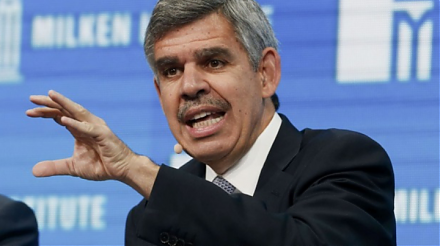
Allianz chairman Mohamed El-Erian bolsters a new American economic paradigm in lieu of the Washington consensus. The latter dominates the old school of thou
2025-09-14 14:23:00 Sunday ET
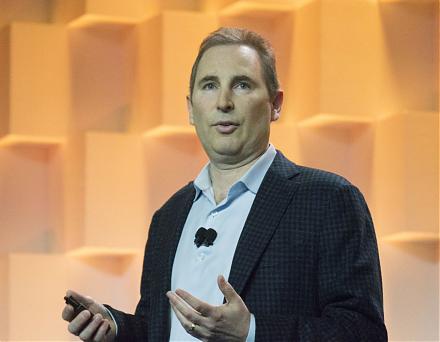
Stock Synopsis: With a new Python program, we use, adapt, apply, and leverage each of the mainstream Gemini Gen AI models to conduct this comprehensive fund
2017-12-09 08:37:00 Saturday ET
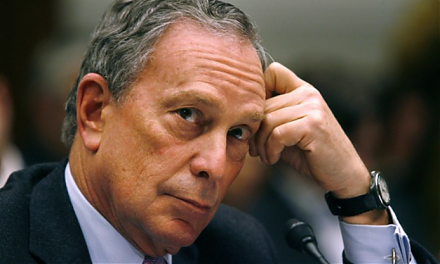
Michael Bloomberg, former NYC mayor and media entrepreneur, criticizes that the Trump administration's tax reform is a trillion dollar blunder because i
2025-05-29 08:25:28 Thursday ET

Serial venture capitalist Ben Horowitz describes many hard truths, lessons, and insights from his entrepreneurial journey of running LoudCloud from a Silico
2018-08-31 08:42:00 Friday ET
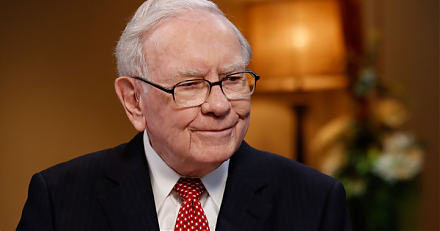
We share several famous inspirational stock market quotes by Warren Buffett, Peter Lynch, Benjamin Graham, Ben Franklin, Philip Fisher, and Michael Jensen.
2025-02-02 11:28:00 Sunday ET
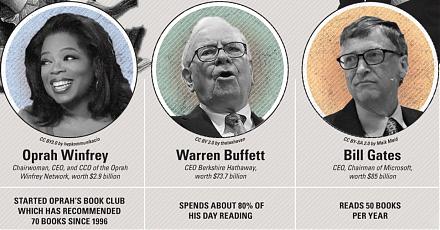
Our proprietary alpha investment model outperforms most stock market indexes from 2017 to 2025. Our proprietary alpha investment model outperforms the ma